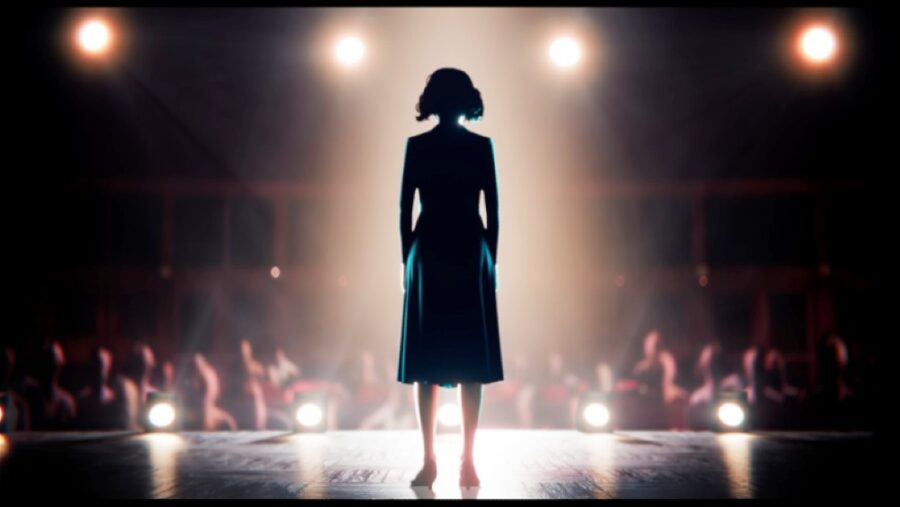AI Biopic Of Edith Piaf Is Happening, Here’s How It Will Work

Over six decades after iconic French singer Edith Piaf died, her soulful voice and compelling story will grace screens in a new biopic titled Edith. What sets the film apart is the use of artificial intelligence (AI) to recreate Piaf’s voice and image. Warner Music Group will partner with Edith Piaf’s estate to produce the 90-minute project.
Set in Paris and New York from the 1920s to the 1960s, the movie explores previously unknown aspects of Edith Piaf’s life. According to Variety, the story will be narrated by an AI-generated facsimile of the singer’s unique voice. The project also promises to merge animation with archival stage and television performances, along with personal clips and interviews.
This combination seeks to offer audiences an authentic and immersive look at the life of Edith Piaf. The heart of this ambitious endeavor lies in AI technology, trained on hundreds of Piaf’s voice clips and images, some of which date back over 80 years. Recordings from her original songs, including timeless classics like “La Vie en rose” and “Non, je ne regrette rien,” will be woven into the film.

Warner Music Entertainment and production company Seriously Happy have already created a proof of concept for the film, showcasing the potential of this inventive approach. The plan is to collaborate with a studio to develop the full-length feature film, ensuring that the final product blends cutting-edge technology with the timeless essence of Edith Piaf’s artistry.
However, Edith is more than just a technical feat. It is a testament to creative collaboration. The original idea for the film comes from Julie Veille, who, along with Gilles Marliac, crafted a script that integrates AI technology into the story. Working alongside Warner Music Entertainment President Charlie Cohen, the team aims to breathe life into Edith Piaf’s story for a 21st-century audience.
Julie Veille described working with Edith Piaf’s estate as a privilege, adding, “When creating the film, we kept asking ourselves, ‘If Edith were still with us, what messages would she want to convey to the younger generations?’ Her story is one of incredible resilience, of overcoming struggles, and defying social norms to achieve greatness – and one that is as relevant now as it was then.”
“Our goal is to utilize the latest advancements in animation and technology to bring the timeless story to audiences of all ages,” Julie Veille added. Catherine Glavas and Christie Laume, executors of Edith Piaf’s estate, shared their experience of hearing Piaf’s voice again via the AI-driven project. “The technology has made it feel like we were back in the room with her,” the pair said.
They also noted that the technology not only captures her singing prowess but also her joyful personality, humor, and unwavering spirit. Alain Veille, CEO of Warner Music France, emphasized the delicate balancing act of combining new technology with heritage artists. “Edith [Piaf] is one of France’s greatest ever artists, and she is still a source of so much pride to the French people,” he explained.
“It is such a delicate balancing act when combining new technology with heritage artists, and it was imperative to us that we worked closely with Edith’s estate and handled this project with the utmost respect,” Alain Veille continued.
Edith Piaf has been the subject of previous documentaries and films such as Edith Piaf: A Passionate Life (2004), Piaf: Her Story, Her Songs (2006), La Vie en rose (biopic, 2007), Edith Piaf: The Perfect Concert, Piaf: The Documentary (2009), and more. Piaf’s life and career have also been the subject of biographies and books, including No Regrets: The Life of Edith Piaf by Carolyn Burke.
Born in Paris, France, in December 1915, Edith Piaf was a French singer and actress celebrated for her renditions of the chanson, which catapulted her to fame. Her journey was fraught with tragedy, from being abandoned by her mother at birth to her upbringing in a brothel under her grandmother’s care. Piaf’s distinctive singing style was believed to mirror the hardships she endured.












